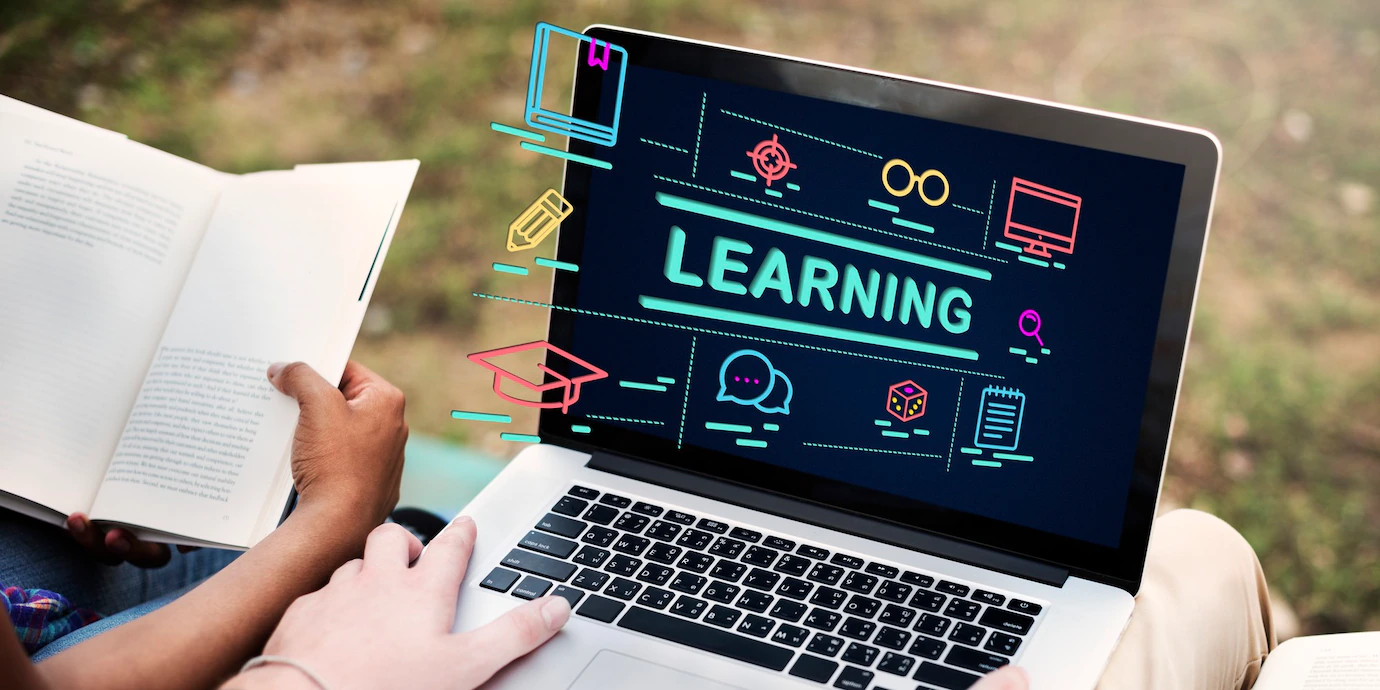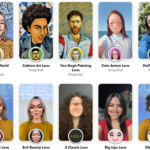Computer Literacy for Kids in 2024
Technology is advancing rapidly, and computers, smartphones, and tablets are central to our day-to-day lives.
Children begin interacting with computers and digital devices at zero to two years old. Pew research found that, for kids between the ages of zero and two, 35% have ever used a tablet computer, 49% have ever used a smartphone, and 12% have ever used a desktop or laptop computer.
As children age, they tend to spend more time interacting with digital devices. The pervasiveness of new technology highlights the importance of computer literacy, and teachers and parents are tasked with educating students on the basics.
What is computer literacy? Computer literacy is having the knowledge and ability to use computers and related technology efficiently.
Kids should build skills in critical areas of computing to prepare them and give them confidence.
Basic computer literacy for kids can include:
- Mouse and trackpad skills
- Keyboarding and typing
- Software and application Skills
- Web Browsing
- Beginner Coding
- Internet Safety
Mouse And Trackpad Skills
Using a mouse or trackpad is often considered the first skill for kids to learn before using the keyboard. Children as young as two to five can start using a computer with a mouse or trackpad.
Kids will best develop their mouse and trackpad skills through practice. Allow your child to use a computer or laptop instead of a smartphone or tablet. They will slowly build the dexterity and hand-eye coordination to navigate with the mouse or trackpad.
They can practice clicking, dragging, and dropping using a mouse or trackpad. They’ll start to understand the connection between the mouse and the screen. Show them how to navigate the screen and open and move items around. Even simple applications, like Paint, can help kids develop cursor control and mouse skills.
Learning resources:
- Dragon Drop
- Owlieboo
- Mini Mouse
Keyboarding and Typing
One of the foundational skills kids need to learn is how to use the keyboard and type. Typing is a fundamental skill of using the computer. Learning to type usually starts with practicing individual keys and moves up to typing with two hands. You can introduce kids to typing as early as kindergarten.
Being a fast typer can help students with school work and future jobs. Kids will be able to work more efficiently, and it can also benefit their language and English skills. There are many websites and applications to teach your child typing. You can also assess their typing skills through a typing test like Type Dojo.
Learning resources:
- Typing Club
- Type Rush
- Keyboarding Zoo
Software and Application Skills
Once kids master the basic skills of using the mouse and typing, they can use the computer for more advanced things. Kids should know how to open applications, add and delete applications, and the essential functions of the application. There are software and applications to help them accomplish any of their goals. The more familiar they are with learning new applications, the easier it will become.
The most common software for kids to learn is Microsoft Office. Kids should build fundamental skills in Word, Excel, and PowerPoint. Microsoft offers free online training and workshops for students. Many of these are live, allowing students to chat and ask instructors questions. Kids can also find YouTube videos and training documentation for most applications they want to use.
A simple search for a term like “Excel for beginner” will pull up a list of different online courses, both free and paid, that your kid can take.
Web Browsing
Whichever browser they choose, browsing the web gives kids access to unlimited knowledge and data. Kids will use the internet for school, such as homework and research papers, and for entertainment, like watching YouTube videos and playing games.
Kids should understand URLs and web addresses, browser navigation buttons, following links, using search engines, and downloading files. When used appropriately, the internet can help children increase their learning opportunities and connect with others globally. Of course, they must also understand the dangers of the internet and how to keep themselves safe online.
Internet Safety
Before your child gets online for the first time, you should talk to them about internet safety. Monitor their online activities, whether on the computer, gaming console, or any device with internet access.
First, you can enact safety precautions using parental controls on your browser to block inappropriate apps, games, media, and search results. Another option is to use kid-friendly browsers like KidzSearch.
Ensure your child protects their privacy by not revealing personal information or responding to strangers. Explain concepts like spam, phishing, and malware. Also, educate them on cyberbullying and online predators. The more involved and present you can be, the safer your child will be online.
Beginner Coding
While not every child is interested in becoming a professional programmer, every child can benefit from basic coding skills. Coding helps kids understand the technology around them and build problem-solving, communication, and analytical thinking skills.
Many high-paying jobs utilize some level of programming knowledge. In addition, the U.S. Bureau of Labor Statistics estimates that the employment of computer and information research scientists will grow 22 percent from 2020 to 2030, much faster than the average for all occupations.
Free coding resources are available for kids to get your child interested in computer science and programming. To further their coding education, kids can enroll in coding classes. They can learn to build games, websites, and applications that make a difference.
Teaching Kids Computer Literacy
As you can see, computer literacy is highly valued by today’s kids. So much of our communication today is digital, so knowing how to use the computer allows kids to interact safely and effectively with the people and the world around them.
These skills will make your child more confident and competitive in college and throughout their career. Please help your child master these critical computing skills to be well-prepared for the digital future!

















